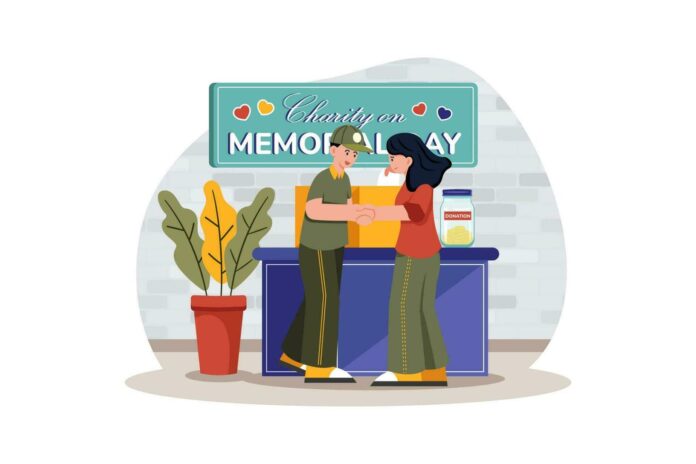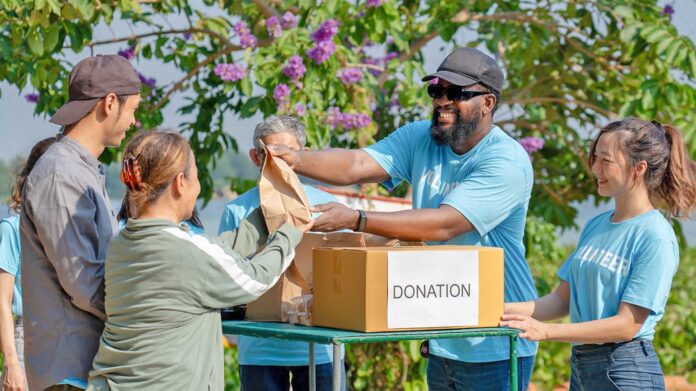Veterans frequently confront particular and difficult obstacles when transitioning from the military to civilian life. A service member may have various challenges upon returning to civilian life, including difficulties finding work, accessing healthcare, and reintegrating into society in general.
Veterans’ service charities provide that life-changing support system through an atmosphere of camaraderie, understanding, and support against these stumbling blocks.
Now, let’s look into how Wounded Warriors Family Support go about building crucial community liaisons that help veterans:
Understand the Need for Community Support

In most cases, returning to civilian life is challenging for veterans. They are beset by feelings of isolation or disconnection or by appearing unable to relate to the civilians who will never have the experiences that they have gone through in their lives.
A veterans charity organization with strong community relations works to alleviate these challenges so that these valued veterans feel at home, appreciated, and raised with self-empowerment.
Veteran charity organizations, in essence, create spaces that allow support networks. They do this by offering virtual and physical spaces where veterans can share their experiences and, hence, provide support to each other.
Examples of such spaces include community centers, veteran resource hubs, online forums, and social media groups dedicated to connecting veterans. These organizations combat feelings of isolation; it can happen by having a platform to communicate and develop a sense of belonging within the veteran network.
Development of Peer Mentorship Programs
Various veteran charities haveestablished peer mentorship and support programs to link veterans to mentors with the same experiences and backgrounds. Such mentorship programs offer veterans support, counsel, and guidance invaluable as they navigate the vagaries of transition from military to civilian life.
Knowledge, resources, and emotional support will likely be gained through the one-on-one mentorship or group support sessions, the person having walked the same journey.
Plan Community Events and Activities

Community events and activities organized develop further connections with other veterans and give them a sense of belonging, togetherness, and camaraderie. In most cases, charitable organizations for veterans host a myriad of events that include socials, recreation activities, volunteering events, and learning sessions.
Such events allow veterans to communicate, establish relationships, and engage with peers in activities that might lead to long-term friendships and support groups.
Local Resource and Partner Coordination
Veteran charity organizations work with other local resources, business partners, or community partner organizations and create an infrastructure of support to support veterans further. For instance, veterans’ charity organizations can partner with job placement organizations, healthcare providers, educational institutions, and others, linking a veteran to a collection of such service organizations and opportunities.
Specific groups of veterans will find they need and experience entirely different things depending on the branch of service, the deployment history, or the service-related injuries, for instance.
In this respect, many charitable organizations for veterans establish some peculiarized kinds of support networks focused on peculiar categories of veterans: female, LGBTQ+, with disabilities, and homeless.
Such communities give veterans a safe space to meet other people with the same experiences and identities, hence the feeling of belonging and understanding among their own.
The basic underlying premise for the operation of veterans’ charity organizations is to institute a support network for veterans to flourish in civilian life. These organizations help connect, run peer mentorship and support activities, hold community events and activities, and work with available local resources and partners to ensure all veterans receive the support and resources to enable successful reintegration.
In this way, the efforts of veterans’ charity organizations contribute a lot to building sound and supportable networks for the veterans. This is vital for veterans coming out to civilian life because they do not have much experience or exposure.







